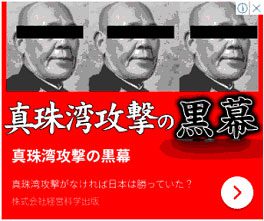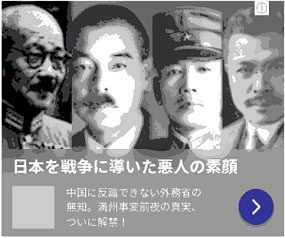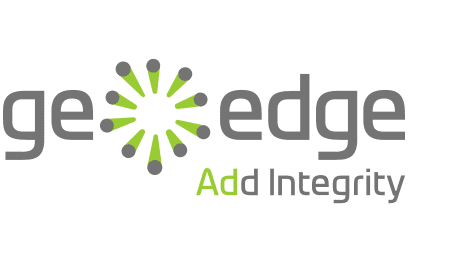GeoEdge works with Japanese publishers to create automated blocking rules for politically-sensitive ads.
Despite the revenue uplift created by digital advertising, programmatic has one significant downside: ads with unwanted content. While ads falling into this category don’t always harm end-users through malicious or deceptive activity, they impact the publisher’s integrity and reputation. The most recent example of unwanted ad content seen across Japan includes politically sensitive content. These ads often carry sensationalist messaging and display images of famous or controversial political figures.


Figure 1: Ad campaigns featuring political figures
GeoEdge sat down with Ryoya Yanagida, Senior Manager at FLUX, Japan’s leading header bidding provider, and GeoEdge’s Yoshiaki Katsui to discuss the implications of serving politically sensitive ads in the Japanese ecosystem.
“The issue of unwanted political content serving through ads has prevailed since the early days of programmatic. These ads are especially problematic for news websites, press houses, and portals, encouraging web users to rely on their sites as reliable content sources. Politically sensitive ads serving on publisher’s domains can hurt their credibility, as these ads are considered extreme and misleading. Users may believe that such content is sponsored by the website and associate its brand with extreme messages”, said Yanagida.
“GeoEdge’s detection technology is engineered to detect politically sensitive campaigns served across various programmatic channels, including SSPs and exchanges,” says Yoshiaki Katsui, Senior Account Director at GeoEdge. “We see these ads serving on nearly every publisher, some of which are aware of these ads, but others are unaware that this type of content is served on their site regularly.”
This problem is not unique to Japanese publishers. GeoEdge’s Security Team recently detected US-based ads displaying Communist propaganda with anti-democratic messages. External sources and fraudsters sponsor these ads to elicit clicks and influence political narratives. As online audiences assume the media itself has supported such statements, publishers across the US have raised concerns that political ads will lead to growing mistrust of their brand.
Eliminate unwanted ad content today

Figure 2: Russian propaganda camapaign
Yanagida adds, “The challenge with these ads is that they often do not lead to static, clean landing pages. Rather, the actors behind these campaigns often utilize multiple domains, with new ones appearing regularly. Campaigns and distribution channels are also destined to change, so when a publisher manages to detect the source of one unwanted ad and informs the programmatic channel, the others will not be blocked.”

Figure 3: Camapign featuring Japanese political figures
Katsui elaborates, “GeoEdge is aware of these campaigns, and our Security Team carries out ongoing research to expose new trends. Our Real-Time Blocking solution ensures that these ads can be detected and blocked in real-time through robust detection tools.
Publishers can review all campaigns and accompanying landing pages on their website through GeoEdge’s ad review tool, AdWatch. Adwatch is the industry’s first transparency solution, providing visibility into all programmatic activity in a single dashboard. GeoEdge enables publishers to draw the line for ads that may not be suitable for their audience.

Figure 4: GeoEdge Adwatch dashboard
GeoEdge empowers you to look beyond off-brand ad content today!











